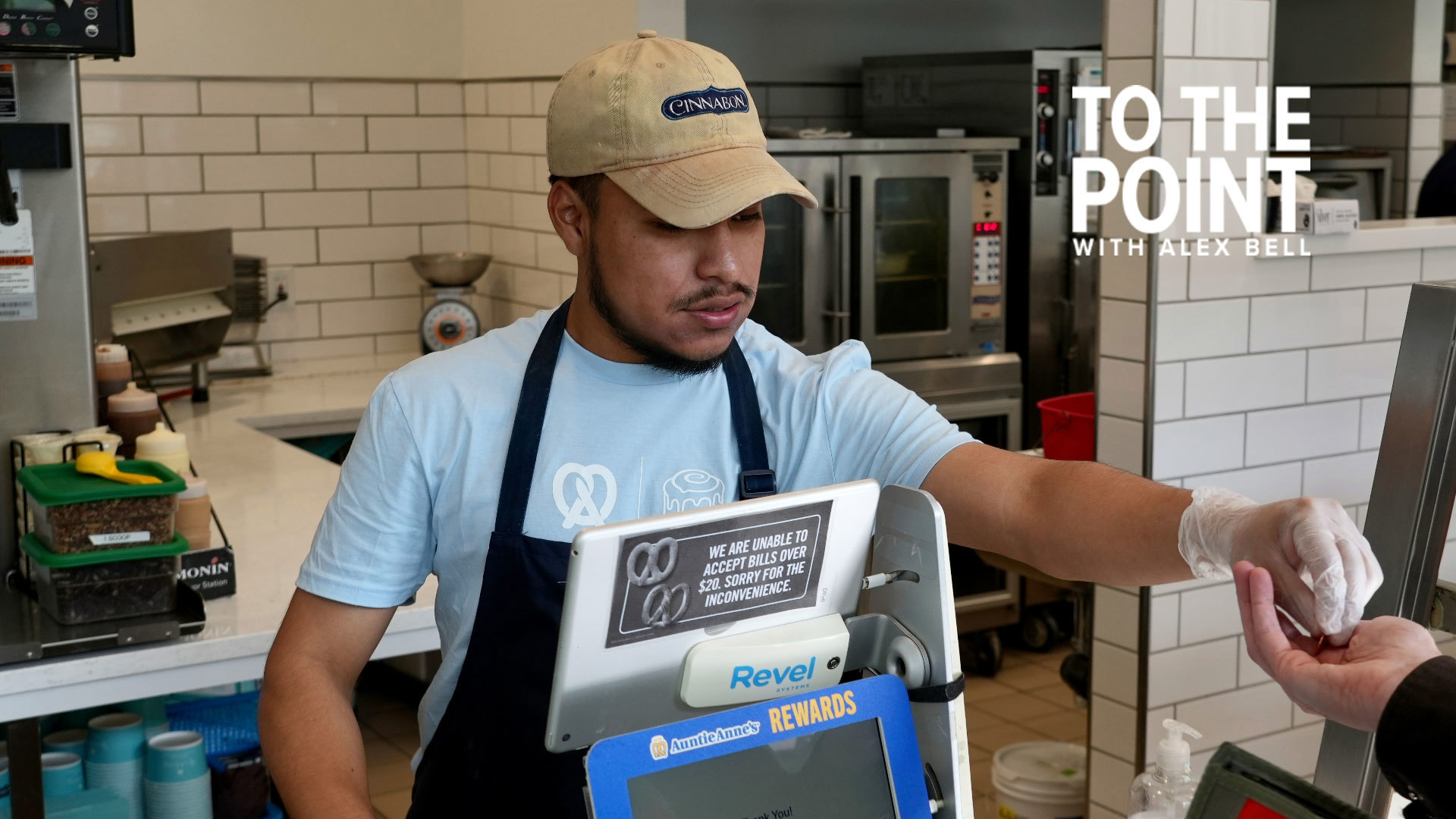SACRAMENTO, Calif. — Is California’s new $20 minimum wage for fast food workers causing restaurants to close?
It’s been two months since the increase went into effect for large fast food chains, and one just announced it’s closing four dozen of its locations throughout the state.
Stacked chairs, empty tables and a sign hanging on the door saying ‘This location has closed’ greet anyone approaching Rubio’s Coastal Grill in El Dorado Hills.
The Carlsbad-based restaurant chain announced late last week it’s closing 48 of its more than 100 California locations. 86 locations will remain open across Nevada, Arizona and California.
“What we're seeing right now is, I think, unfortunately, the beginning of a trend in restaurant closures,” said Jot Condie, president and CEO of the California Restaurant Association.
He said a newly effective California law is impacting businesses, workers and consumers alike.
AB 1228 raised the minimum wage for workers at large fast food chains in California from $16 per hour to $20 per hour. That went into effect April first.
“When you have a cost spike overnight to $4 an hour, per employee per hour, that's pretty difficult when you're talking about an industry that's 3-5% profit margin on average,” Condie said.
Those who advocated for the wage increase said it helps California’s fast food workers make ends meet in this expensive state.
"The majority of minimum wage workers are not teenagers,” said UC Davis Professor Emeritus Paul Leigh. “They're people in their 20s, 30s, 40s and some seniors and a lot of these people have children."
ABC10 asked Rubio’s whether the $20 minimum wage played into their decision to close 48 California locations.
A spokesperson didn’t answer that directly, but said in a statement:
“Making the decision to close a store is never an easy one. Rubio’s Coastal Grill, Home of the Original Fish Taco, after a thorough review of its operations and the current business climate, has decided to close 48 underperforming locations in California as of May 31, while keeping 86 stores in California, Arizona, and Nevada open. The closings were brought about by the rising cost of doing business in California. While painful, the store closures are a necessary step in our strategic long-term plan to position Rubio’s for success for years to come.”
Condie called “the sheer number of restaurants that they're closing…pretty extraordinary."
He said many restaurant owners are now choosing between raising prices for customers, cutting worker hours or some combination of the two.
“Because if you don't you're not profitable, and you can't stay in business,” he said.
Others disagree that workers or customers need to feel the impacts, including Alí Bustamante, deputy director of Worker Power and Economic Security with the Roosevelt Institute.
"California businesses can absorb this increase in the minimum wage without increasing prices and without having to impact employment,” he told ABC10.
Rubio’s filed for Chapter 11 bankruptcy back in 2020, citing pandemic impacts. The LA Times reports the company has previously shut down locations in Florida and Colorado.
Another minimum wage increase could be coming. That $20-per-hour minimum wage only applies to fast food restaurants with at least 60 locations nationwide. Otherwise, California’s minimum wage is currently $16.
In a ballot initiative this fall, voters will decide whether to raise the state’s minimum wage to $18/hour by 2025, for companies with more than 25 employees, and by 2026 for smaller companies.
WATCH ALSO:



















